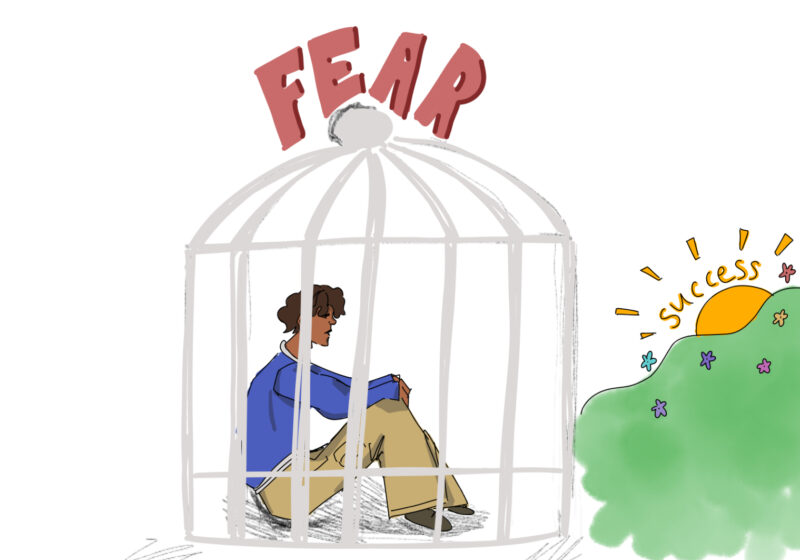“One Hundred Years Since Susan B.: The Future of Feminism” was the topic of last Friday’s 2006 Stanton/Anthony Conversations, which was held in the May Room of Wilson Commons and presented to a packed audience.
The program was sponsored by the Susan B. Anthony Center for Women’s Leadership at the University and is named after the suffragettes Elizabeth Cady Stanton and Susan B. Anthony.
Inspired by Anthony’s passion and vision, the Anthony Center commemorates women’s achievements and works to understand and overcome remaining barriers to their full equality.
“As we close this year of 100 years since Susan B., we look to women younger than 50 to whom we will be passing our torch as they move forward and help us decide if there is a future to feminism,” Director of the Anthony Center Nora Bredes said.
The conversations consisted of a panel of current young women leaders with a moderator to pose questions and spark discussions. The panel was made up of Awista Ayub ’01, Crystal Lander, Dawn Lundy Martin and sophomore Julianne Nigro, with ABC news correspondent Lynn Sherr moderating the discussions.
Sherr raised topics ranging from how the young women believe they are making a difference to why some young women today refuse to categorize themselves as feminists. The panel also discussed if the word feminism needed to be resurrected, and if so, how would that be done. Issues about women in politics and the cohesiveness of young women today were deliberated as well.
For Ayub, an education and health officer with the Embassy of Afghanistan in Washington D.C., the main focus is on young women in Afghanistan, from where she emigrated at the age of two.
“In Afghanistan, it’s about empowering young women and I use sports as a tool of empowerment to help young girls realize their own potential and become leaders in their communities,” Ayub said.
Although the discussions and topics were controversial at times, the atmosphere was laid back and comfortable allowing all participants to fully express their views. The main objective of the event was to raise awareness about feminism so that people may understand exactly what feminism is. The panel members all had different views, but the unifying factor was their zeal for feminism.
For Nigro, who is involved in Women’s Caucus, Amnesty International and the Tiernan Project, the conversations were an amazing experience.
“I have identified myself as a feminist since high school,” Nigro said. “I am a Women’s Studies and Political Science Double Major. I think that a lot of women identify as feminists, but they don’t necessarily use that title or understand it.”
Campus program director for the Feminist Majority Foundation Lander echoed the sentiment, but with a slight twist.
“I think that we have to be more embracing, making it open and making it feel that you don’t have to be a women’s studies major to feel that you are a feminist,” she said. “You always have to be talking to someone who is younger than you who has different experiences than you do so that you can make a difference. You may not always agree on how to make a change, but we have to talk about doing it, and if we’re always talking, then there won’t be splinters.”
For Martin, who co-founded the Third Wave Foundation, which is the only national young feminist organization in the United States, feminism is all about diversity.
“The work that I do with the Third Wave Foundation is really about building the next wave of the feminist movement,” Martin said. “So we really want to empower a diversity of young women who actively and passionately claim the word feminism as a way to describe themselves and their work.”
The Stanton/Anthony Conversations are part of the Anthony Center’s yearlong initiative to commemorate the 100th anniversary of the death of the famous suffragist in 1906. Other events that the Anthony Center leads include the Susan B. Anthony Legacy Race, held in September and the Susan B. Anthony Legacy Dinner, held in February.
“When women can stand together and hold people accountable for treating women as less valuable than men, then we will see true change,” Nigro said. Halusic can be reached at chalusic@campustimes.org.




